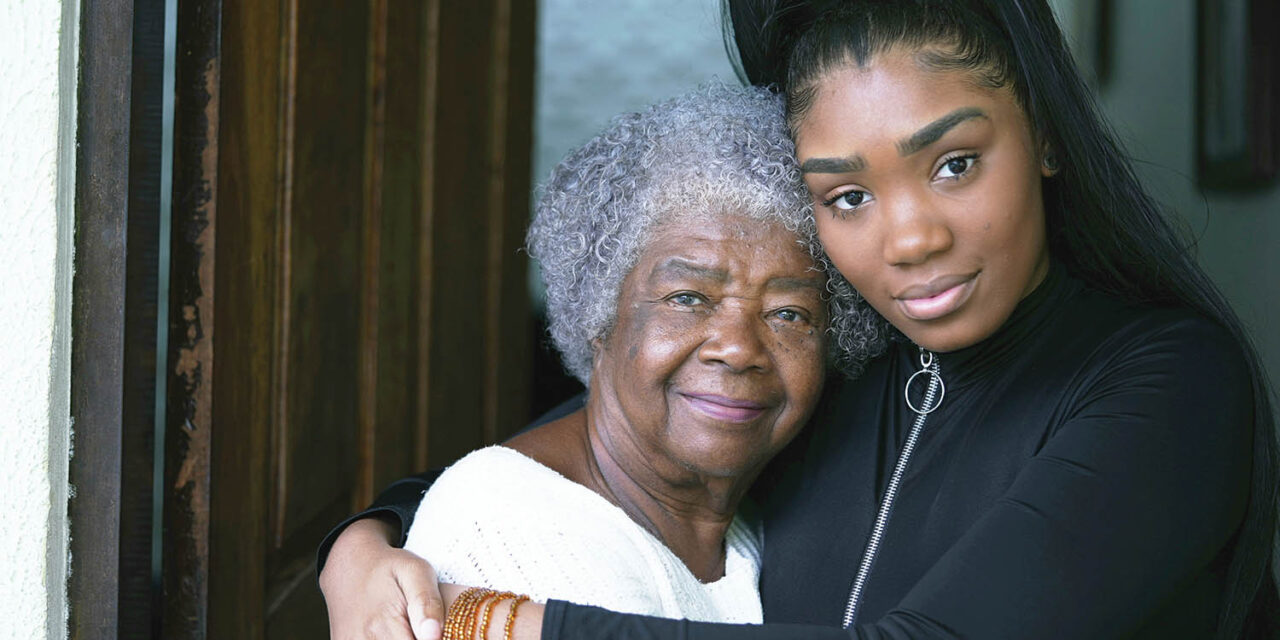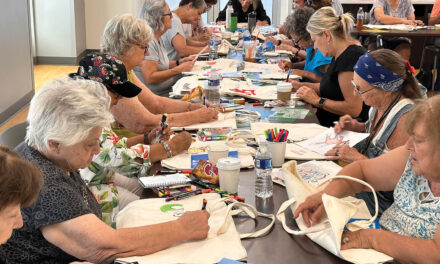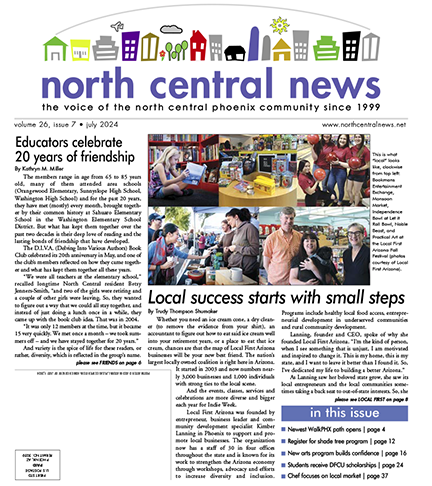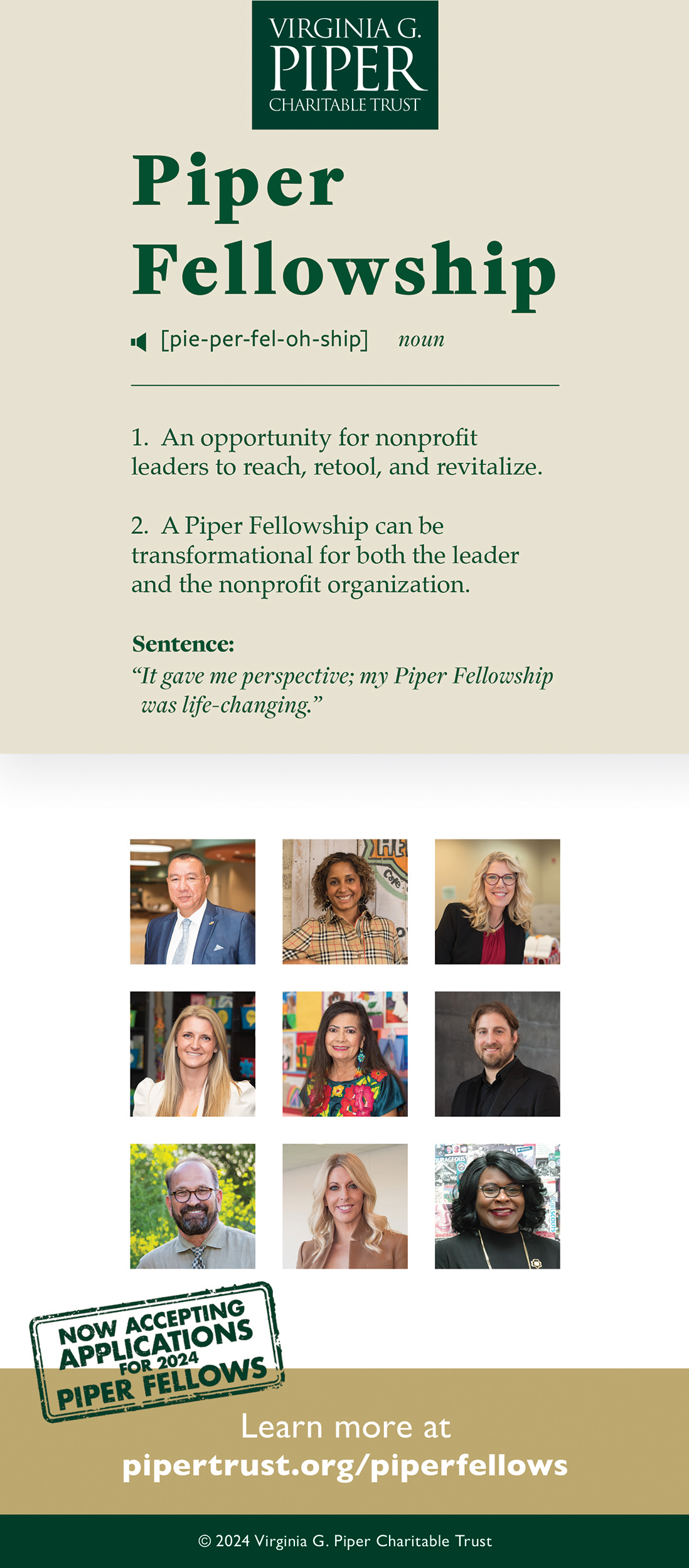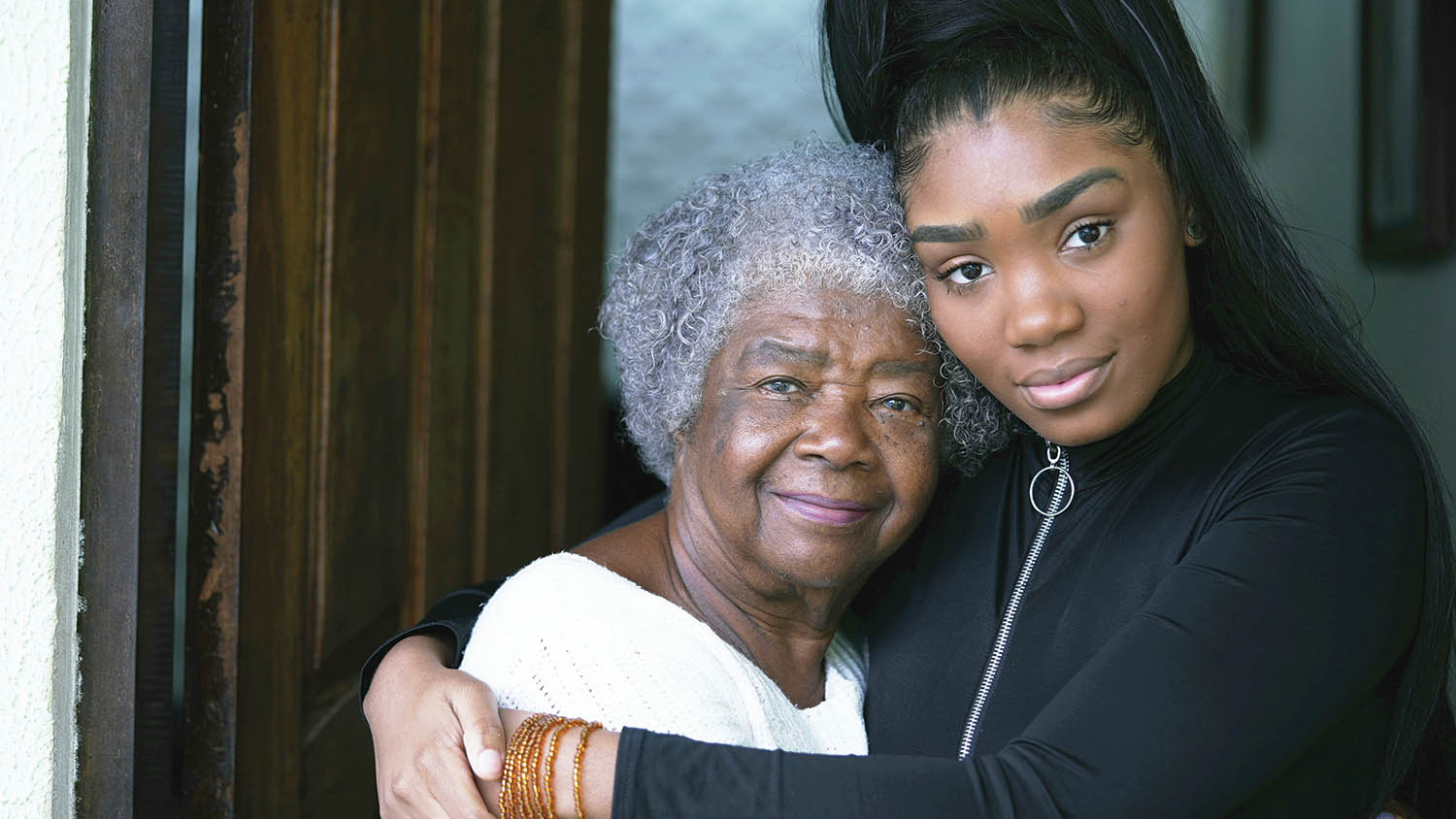
Valley residents are encouraged to recognize the issue of elder abuse and help empower the older adults in their lives (photo courtesy of Area Agency on Aging).
The National Council on Aging (NCOA) reports that approximately one in 10 individuals who are 60 years and older are abused every year. In Maricopa County from July 1, 2022, to April 30, 2023, Adult Protective Services reported 14,233 cases of abuse, neglect and financial exploitation.
While June 15 is designated World Elder Abuse Awareness Day (WEAAD) by the United Nations, the mission to encourage communities to recognize the issue of elder abuse and provide information and tools to keep them safe continues year-round.
“All year long, we encourage seniors to empower themselves by knowing their rights, being aware of fraudulent schemes, taking steps to be physically safe and developing and maintaining positive relations,” said Area Agency on Aging president and CEO Mary Lynn Kasunic.
Although the organization places special emphasis on World Elder Abuse Awareness Day each year, the organization continues to urge seniors and those who love, care for and surround them to be aware and recognize the signs of elder abuse, document and report them.
Elder abuse can take the form of physical abuse, sexual assault, emotional abuse, neglect, abandonment and financial exploitation. Those who suspect elder abuse are encouraged to follow four steps. First, document the signs. Next, if you suspect any form of elder abuse, contact Adult Protective Services at 1-877-767-2385 or report online at https://des.az.gov/services/basic-needs/adult-protective-services. If the abuse is severe or you suspect the person may be in danger of more harm, call 9-1-1. Also, if you suspect abuse in a nursing home or other long-term care facility, contact the Area Agency on Aging Long-Term Care Ombudsman at the 24-hour senior help line 602-264-4357 (HELP).
“We need the general community to be aware of the signs of elder abuse and know what to do when they believe there’s a problem,” Kasunic added. “It’s vitally important that older adults understand the need to stay connected with their families and communities.”
Find additional resources online at www.aaaphx.org.

